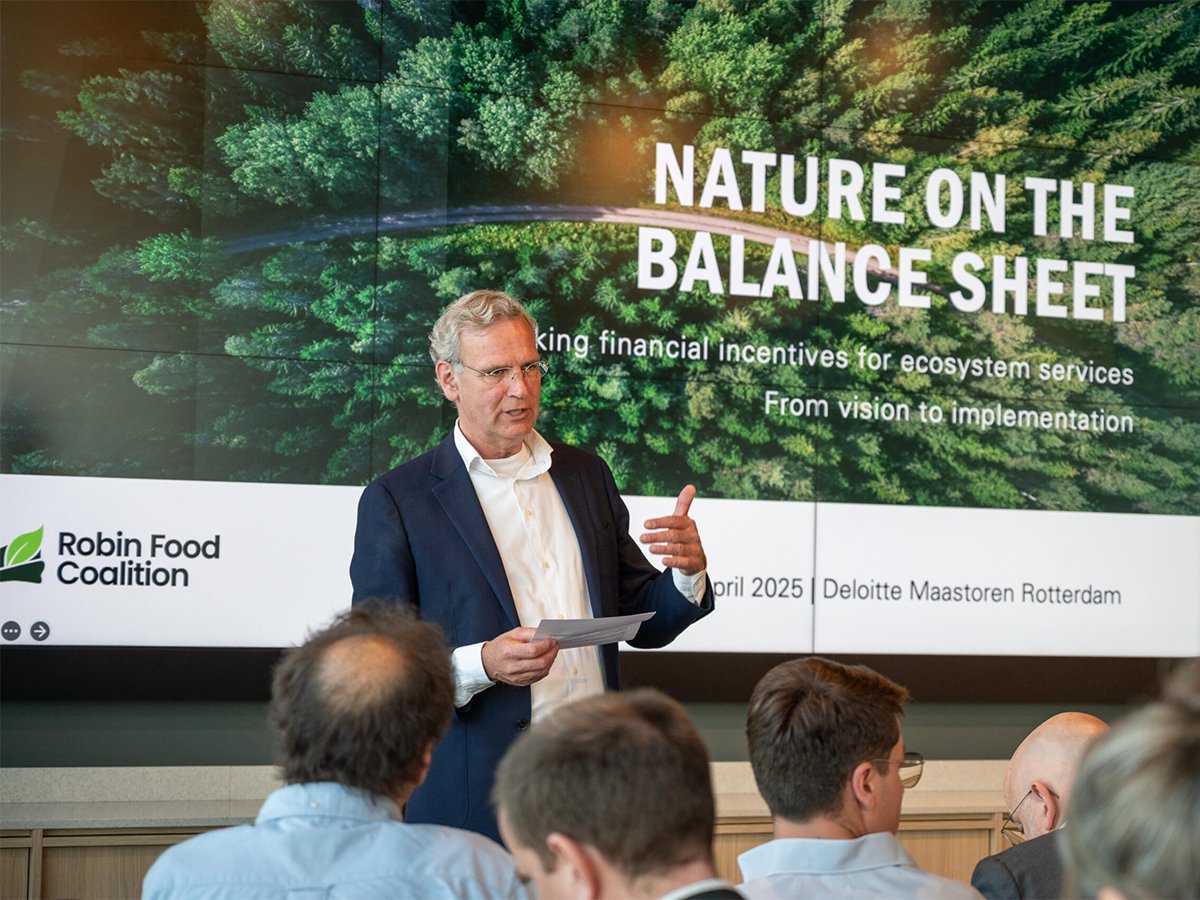WASHINGTON, D.C. — The Canadian canola industry received two proofs last week of its deep connection to Canada’s political and diplomatic machinery.
It helped create a celebratory atmosphere at the Canola Council of Canada’s annual convention in Washington, D.C.
Newly minted Canadian senator JoAnne Buth, the canola council’s president until just weeks ago, re-ceived a standing ovation and emotional tributes from council members as she spoke to the convention.
She didn’t just fly in and out of Washington, instead spending the second day of the convention meeting with farmers and industry players and discussing the minutiae of federal policies and regulatory issues.
Read Also

Activist urges new way to measure profitability
Organic activist praises Mark Carney for spearheading the Task Force on Climate-related Financial Disclosures.
An hour after the convention wrapped up, when most attendees were off sightseeing or heading to the airport, Buth was still discussing industry issues with people on the convention floor.
“I’m still not sure,” she said in her speech about why prime minister Stephen Harper selected her for the Senate. “People wonder— why me — because I don’t have any political experience or background.”
However, she said she had been told that there was a lack of in-depth agricultural industry background in the Senate, and her selection was aimed at getting more of that into the upper chamber.
Buth sounded like she relished the opportunity to immerse herself in legislation affecting agriculture.
“We need to keep reminding people about the importance of the agricultural industry in this country in terms of production, jobs, economics,” said Buth.
“We need to make sure our regulatory system is science-based, transparent, timely and essentially that there won’t be any impediments put in place for agriculture in Canada.”
Soon after her speech, former Manitoba premier Gary Doer, now Canadian ambassador to the United States also spoke to the convention. It was the third year in a row that he has done so, although this was the first time he was physically present rather than on a video link.
“My job as ambassador is pretty straight forward: I’m supposed to sell goods, services, canola and energy from north to south, and I’m supposed to bring hockey teams from south to north,” joked Doer at the beginning of his speech.
He said one of the first issues he dealt with as premier was the problem of canola shipments to Japan that contained genetically modified crops. As an ambassador, he has dealt with the issue of whether canola oil can be regarded as a clean energy source within U.S. renewable fuel standards.
Canada-U.S. agricultural trade is about $38 billion, with each country exporting about half that value to the other. Growing canola exports are now $3 billion of the Canadian share.
“There’s a lot of U.S., American families cooking with heart-healthy canola, and even some of the issues around dairy content, we’ve been able to work with you to make sure those are dealt with in a positive way,” said Doer. “We believe, though, that trade has to continue to improve.”
A lingering economic slump has made American domestic politics explosive, divisive and potentially perilous for countries such as Canada, Canadian-born conservative journalist David Frum told the convention.
However, he said, Doer has done an outstanding job of representing the country and getting unexpectedly good results.
“The ambassador’s ability to maintain contact and communication with all sides of the polarized political spectrum has really tested the out limits of diplomacy,” said Frum.
“He has been tested there and he has succeeded in the task and Canada is very well served.”














